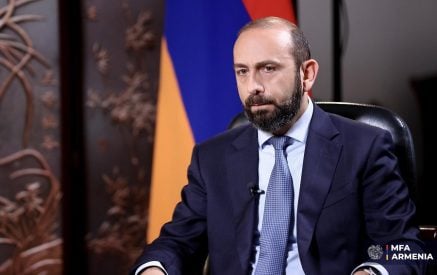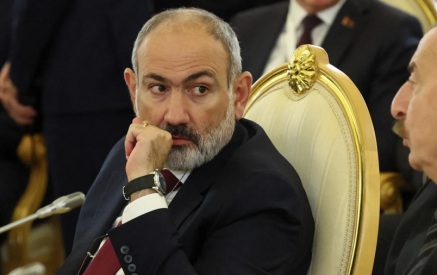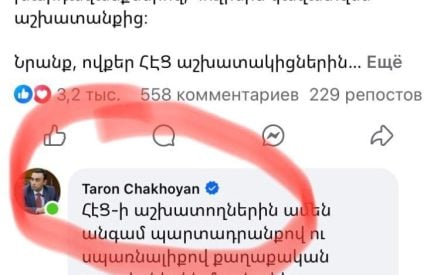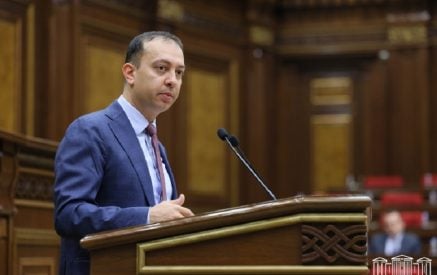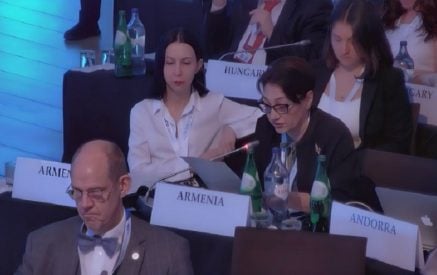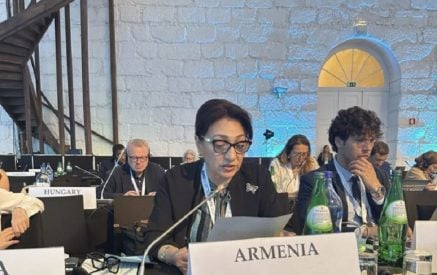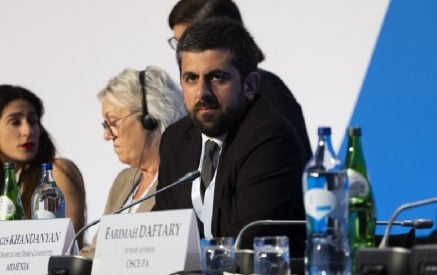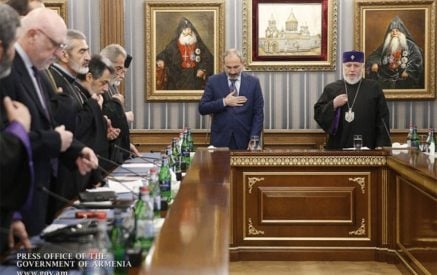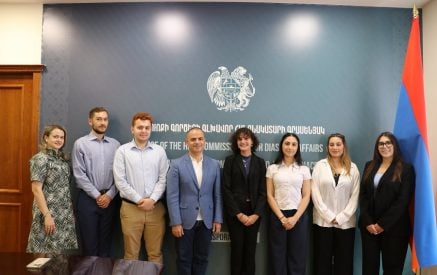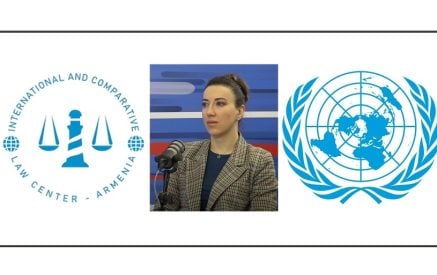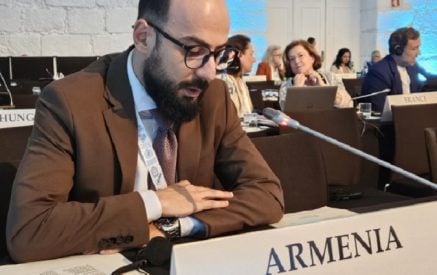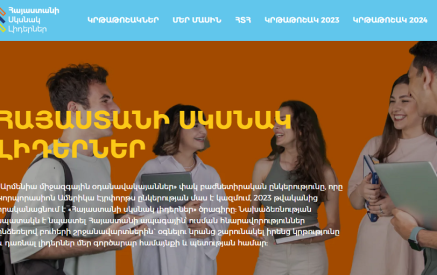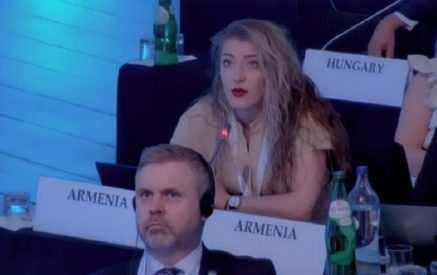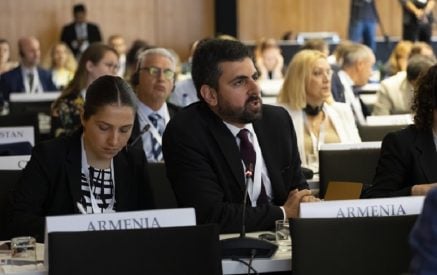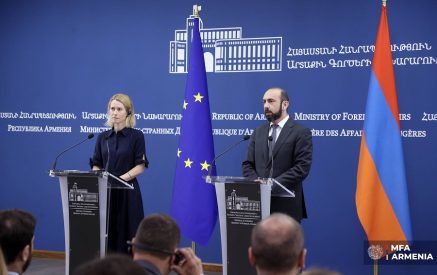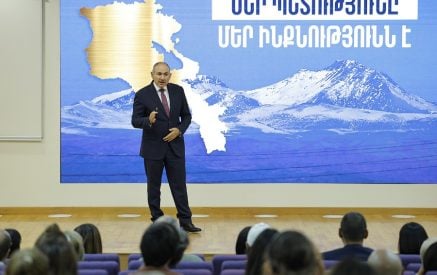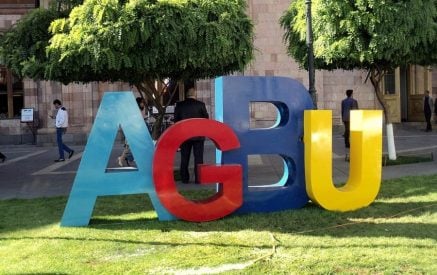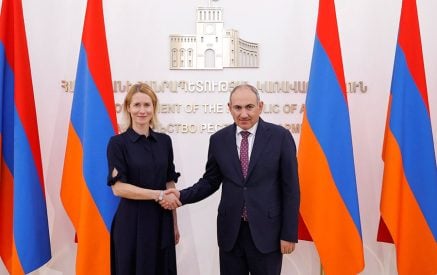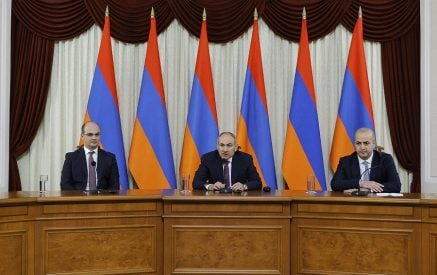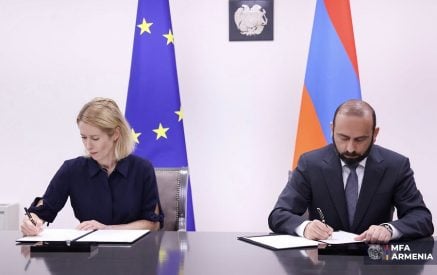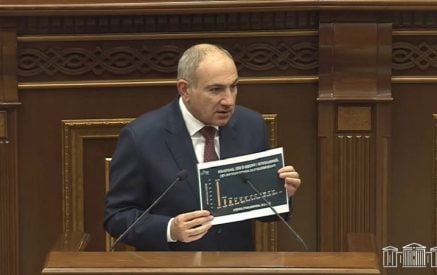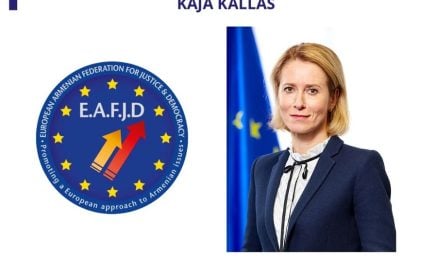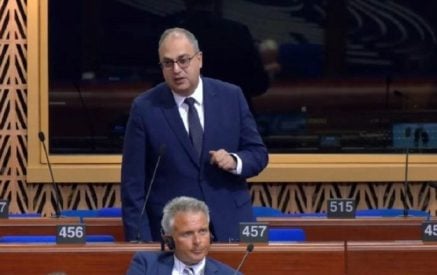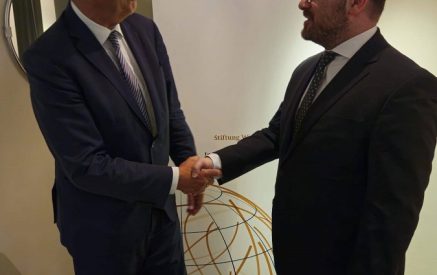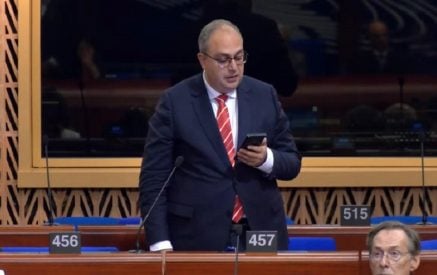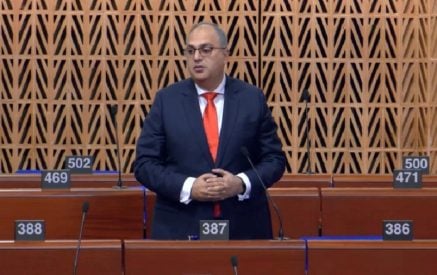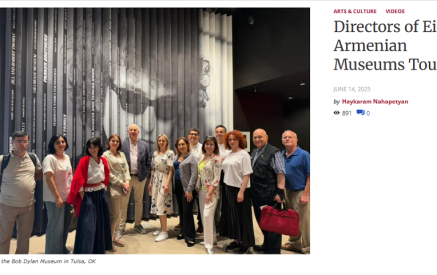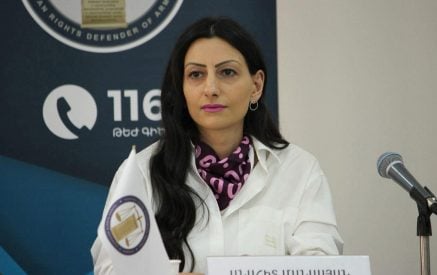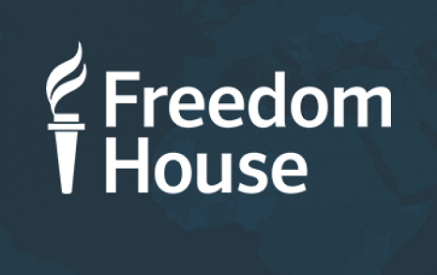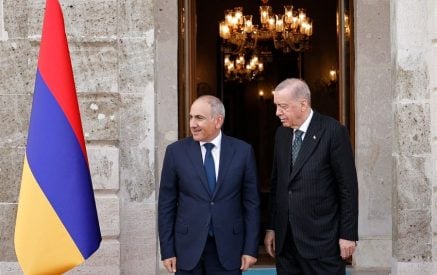Washington Examiner. Turkish President Recep Tayyip Erdogan famously quipped, “Democracy is like a streetcar; you ride it as far as you need and then you step off.” He long ago abandoned even the appearance of democracy in Turkey, but he now exports his disdain for electoral democracy elsewhere.
Republicans who raised valid questions about the appearance of pay-to-play donations to the Clinton Foundation, and Democrats who raised valid questions about foreign money channeled to President Trump’s inaugural celebrations, should be on guard.
During the 2016 election, Erdogan expected former Secretary of State Hillary Clinton to win but kept all of his bases covered. Erdogan proxies channeled hundreds of thousands of dollars to Trump aide Michael Flynn, who only registered as a foreign agent after the fact, although he now seeks to distance himself from his registration. Turkish officials, meanwhile, say that exiled cleric and Erdogan ally-turned-adversary Fethullah Gulen channeled $2 million to the Clinton campaign.
What these Turkish complainants ignored, however, is that Erdogan proxies also sought to buy influence on Clinton’s team. Michael Werz, a scholar at the Center for American Progress, for example, emailed Clinton campaign chairman John Podesta: “Erdogan faction is making substantial investments in U.S. to counter opposition (CHP, Kurds, Gulenists, etc.) outreach to policymakers and USG. Am told that the Erdogan crew also tries to make inroads via donations to Democratic candidates, including yours.” Werz then provided names of specific operatives about which to be concerned, including Ali Cinar, today the president of the Turkish Heritage Organization.
Read also
The Turkish Heritage Organization is among the Turkish government’s most important and undeclared proxies in Washington, D.C. Its programming consistently mirrors Erdogan’s agenda, and its programming hews far closer to his ruling party’s line than to the broader array of Turkish domestic debate, let alone issues of culture and heritage. Cinar’s predecessor Halil Danismaz resigned quickly after the FBI questioned him about his activities, which amounted to clear violations of the Foreign Agents Registration Act.
Erdogan is again playing both parties in his efforts to guarantee influence regardless of the presidential nominee. He continues to cultivate Trump, who most recently praised his Turkish counterpart while meeting with former hostages, including Pastor Andrew Brunson, whom Erdogan illegally detained.
Last month, the Turkish Heritage Organization’s Executive Director Elvir Klempic took the helm of the Joe Biden campaign’s “national affinity and ethic engagement” committee, a perch from which Klempic can expect entry into a Biden administration should the former vice president win in November.
Klempic, however, may simply be the tip of the iceberg. Murat Guzel, a Turkish American businessman and frequent Democratic Party donor who formerly headed the Democratic Party’s National Ethnic Coordinating Council, came under FBI scrutiny for his activity as Erdogan’s “henchman” in the United States.
The FBI also questioned “prolific Democratic Party donor” and Guzel associate Imaad Zuberi for his work on behalf of the Erdogan administration. Zuberi’s disdain for U.S. election law and, by extension Erdogan’s as well, was on display when he allegedly offered witnesses $6 million to keep quiet about his efforts to break campaign finance laws. Zuberi also illustrates the cynicism of Erdogan’s efforts to buy political influence in Washington: After Trump’s 2016 election victory and after having lavishly funded the Clinton campaign, Zuberi reportedly gave $900,000 to Trump’s inaugural committee. This was not an outlier: A quick look at Zuberi’s record of donations suggests his concerns were far less partisan than an effort to engage in pay-to-play politics.
Biden has reached out across the aisle with some success. Biden’s chief selling-point for traditional Republican voters is that he will restore dignity to the Oval Office and avoid the appearance of corruption that has too frequently characterized the Trump White House. Rhetoric is easy, and Biden may be sincere, but his campaign’s actions suggest a reason that it is not serious about Erdogan’s attempts to infiltrate it or buy influence.
Klempic’s appointment, and his work for the Turkish Heritage Organization, rightly raise concerns among Greeks, Kurds, Armenians, Jews, as well as Shiite, Sufis, and many other Sunni Muslims who do not accept Erdogan’s narrow and intolerant agenda. The continued presence of any Turkish Heritage Organization leader should raise questions about how serious Biden or his handlers are about rebuffing Erdogan’s attempts to buy influence. Indeed, while Biden was critical of Erdogan in a private talk with the Washington Post and even suggested greater outreach to Turkey’s opposition parties (Biden may be unaware that one is imprisoned), Guzel, who has met Biden in recent months, tried to assure a Turkish audience that Biden would eventually apologize for and dismiss his previous remarks.
In election season, it is easy to try to filter every event through a partisan lens. But the sanctity of U.S. elections, American democracy, and rule of law should mean a zero-tolerance policy for any attempt by foreign leaders to buy influence or corrupt the process. Whataboutism should play no role in excusing corruption, nor should partisanship.
After all, Erdogan is a cynic, not a partisan. He reprised the Svengali-role he exerted on Obama after Trump took office, and he clearly seeks to buy his way into any future administration. Just as Trump and his advisers should be held to account for their relationship with Erdogan and his businessman-proxies, it is time Biden recognizes his campaign is also very much under an assault by those seeking to promote Erdogan at the expense of democracy and law.



